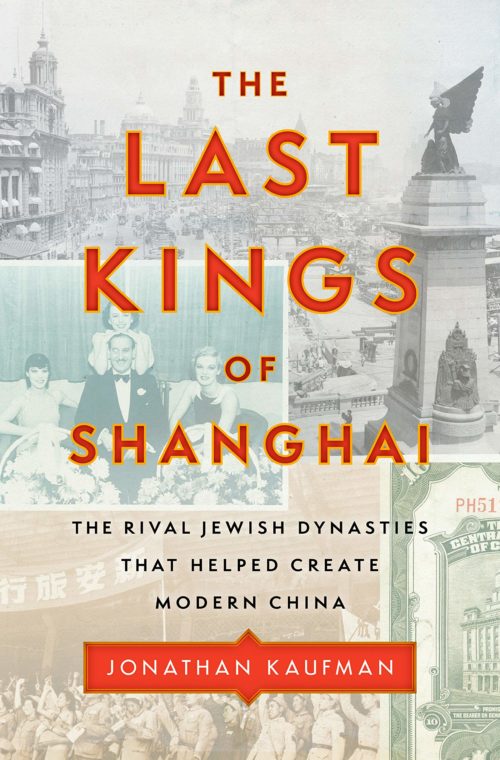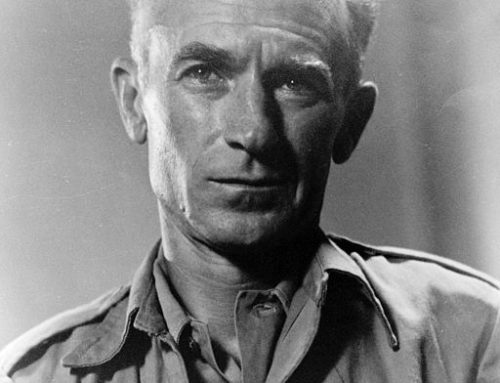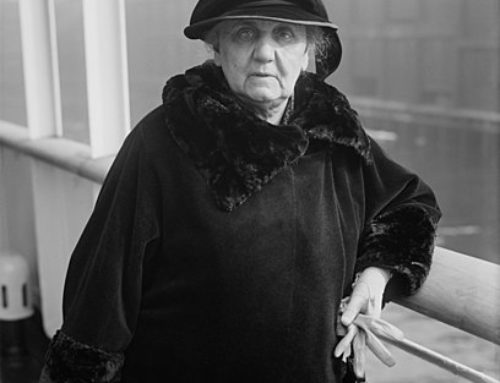By Jonathon Kaufman
Introduction
I have always wanted to know about the people who facilitated the immigration of 18,000 European Jews (many of them penniless) in the late 1930’s and early 1940’s to Shanghai, saving them from the Holocaust. While conditions in Shanghai were in the main challenging– many residents neither enjoyed electricity nor indoor plumbing– they survived!
Sadly, the Nazis sent one of their despicable henchmen to encourage the Japanese to kill the Jews of Hong Kong and Shanghai. The Japanese believing that Jews enjoyed international power through their banking expertise allowed the Jews to survive. They did confine the Jews to a one-mile square ghetto.
Until I met a Holocaust survivor whose family immigrated to Bolivia, I thought only Shanghai accepted Jews without a quota. This gentleman said that Bolivia provided similar acceptance.
The openness of Shanghai contrasts starkly with the Evian Conference (July 6-15,1938). 32 countries sent representative and 24 voluntary organizations. The conference was ultimately doomed, as aside from the Dominican Republic, delegates failed to come to any agreement about accepting the Jewish refugees fleeing the Third Reich. The Nazis used the failure of the Evian Conference to highlight that the leaders of all other countries supported their anti-Semitic policies covertly–Nobody wanted the Jews!
This book deals with two remarkable families, the Sassoons and Kadoris. They provided humanitarian relief for the penniless Jews. They built a reception center, Jewish community center, helped the newcomers find basic places to live and work. They also established schools to teach adults and children English. Among those saved was Michael Blumenthal, a future U.S. treasury secretary.
Lawrence Kadoori was made the first citizen of Hong Kong to be elected to the House of Lords. He was granted the title Baron.
In addition to the Peninsula Hotels, the Kadoori family own 18% of Hong Kong’s largest electricity producer.
Main Theme
The book focuses on two remarkable families, the Sassoons and the Kadoories. These families left Bagdad in the 19th century, virtually penniless. Over the next century and a half their wealth rivaled the Rothschilds. Both families contributed to the capital formation of Bombay, Hong Kong, and Shanghai. They made Hong Kong and Shanghai into vibrant cities. The richest man in Shanghai in the 1930’s was Victor Sassoon, who gave costume parties in the ballroom of his swanky Cathay Hotel. Elly Kathorie built a palace modeled on Versailles.
Both families were incredible entrepreneurs who pioneered globalization. Because Bombay, Hong Kong, and Shanghai were laissez faire economies, they were open to immigration and capital. They enjoyed relatively honest and competent governments.
To be fair, Kaufman pointed out that the families lived in a colonial bubble. Both families made fortunes out of the opium trade. Kaufman said, “the trading of opium reflected the racism at the heart of the colonial view of China.” That is, while Queen Victoria tolerated 10% of Chinese being opium addicted in large part facilitated by English traders, Great Britain banned opium locally.
The Sassoons built cotton mills, as well as the docks and other trade infrastructure in Bombay. They deployed fleets of steamships and owned merchant banks. In Shanghai, they erected hotels, apartments and office buildings. The Kadoories also ran hotels and started Hong Kong’s largest electricity company. Today they continue to control the Peninsula hotel chain and China Light and Power. The Sassoon family businesses dispersed after most of their assets were confiscated and Victor died without children.
The Sassoons and Kadoories outperformed establishment firms despite facing anti-Semitic prejudice from the British elite. They did so in part by hiring talented people, training them well and securing their loyalty. After the family patriarch, David Sassoon, arrived in Bombay in 1832, he founded a school that attracted other Jews from Baghdad to come and become employees.
Both the Sassoons and Kadoories built charities, schools and hospitals that helped the community. The Sassoons quickly became British citizens and were enthusiastic supporters of the crown. Despite never wearing Western clothes or learning much English, David called the empire a “just and kind government.” During the Indian Mutiny of 1857, he even offered to organize a Jewish force to support the British. Two of his sons became close friends with the Prince of Wales, the future Edward VII.




